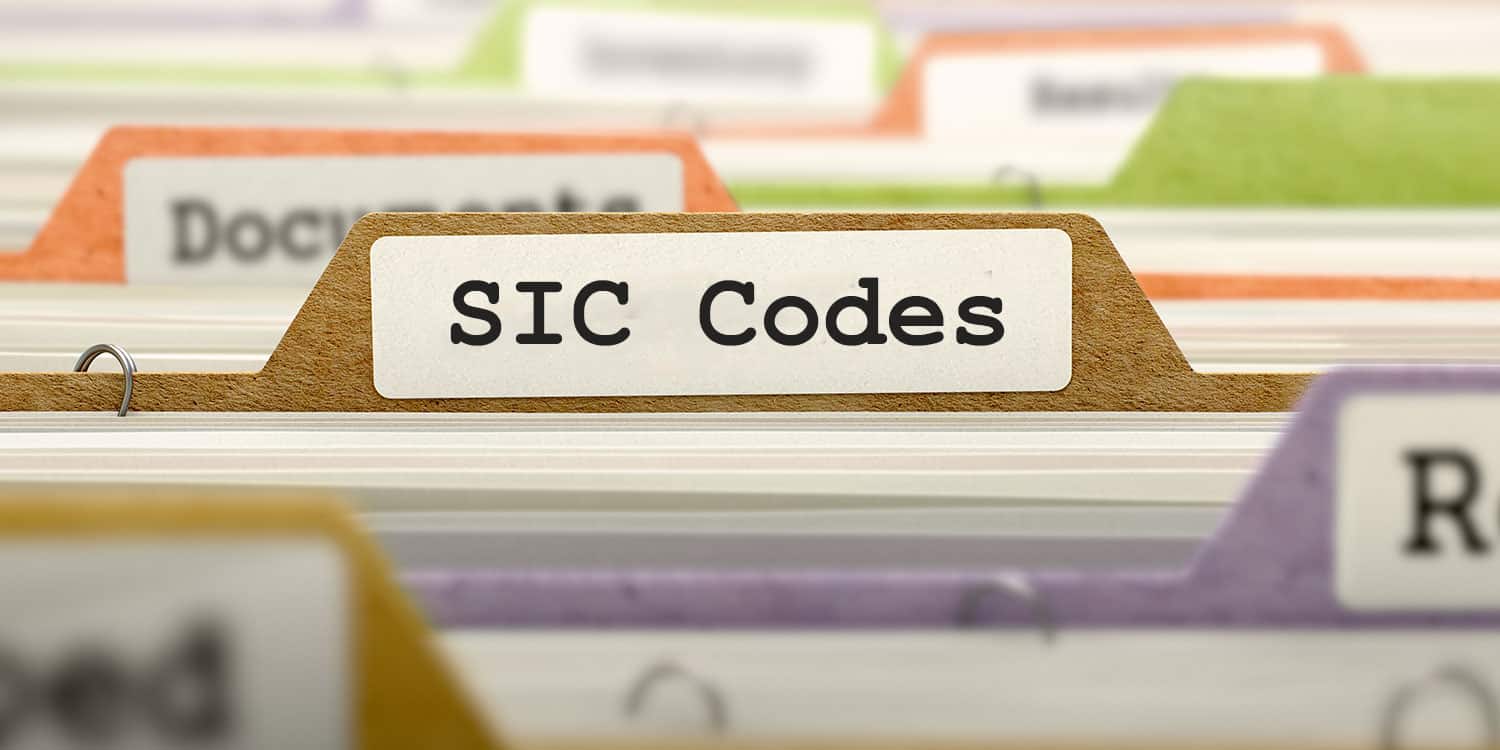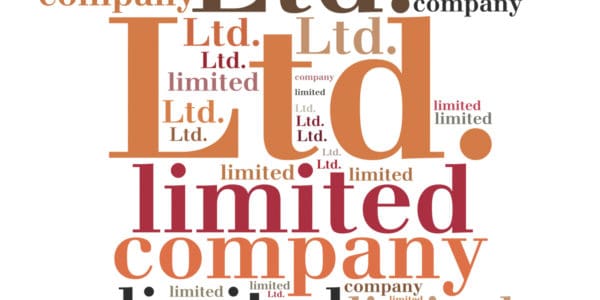A SIC code is a five-digit Standard Industrial Classification code. There are more than 600 individual SIC codes in the UK. They are used by government bodies and agencies (such as Companies House and the Office for National Statistics) to systematically identify and categorise the principal business activities of companies operating in the UK.
The Office for National Statistics (ONS) describes SIC codes as follows:
“The UK standard industrial classification of economic activities, abbreviated as UK SIC, is a 5-digit classification providing the framework for collecting and presenting a large range of statistical data according to economic activity.”
By gathering this data, it is possible to track the number of companies operating in different industries, identify existing and emerging trends, and monitor the strength of the UK economy.
Key takeaways
- Register your company with at least one SIC code to accurately reflect its business activities.
- Update your SIC code annually on your confirmation statement to ensure compliance with Companies House requirements.
- Choose up to four SIC codes to capture the full scope of your company’s diverse activities.
When do I need to provide a SIC code?
When you register a company at Companies House, you will be asked to provide at least one SIC code to describe what your business does. You can choose up to four SIC codes if need be.
The requirement to supply a SIC code during the company formation process was introduced on 30th June 2016. Prior to this date, companies provided this information on their first annual return (which has now been replaced by the confirmation statement) and when they registered for VAT.
SIC codes must also be confirmed or updated (whichever applies) each year on the confirmation statement. Your SIC code, along with other key company details registered at Companies House, will be displayed on the public register of companies.
Where do I find my company SIC code?
You will find the appropriate SIC code for your company by searching the condensed list of SIC codes, which is provided by Companies House. It is quite a long list, so you may need to spend a bit of time looking for the most suitable code.
If you decide to register a company through Quality Company Formations, you will be able to search the condensed list on our online application form. If you need any help finding your code, just give us a call and we’ll be happy to assist.
It is important that you only use codes from the condensed list on any filings made to Companies House, including your company formation application and Confirmation Statements, otherwise, they may be rejected.
SIC code categories
On the condensed list of SIC codes, there are 21 main industry categories/sections. Within each section, there are dozens of SIC codes for more specific trade activities within that industry. The main categories are:
Section A: Agriculture, Forestry, and Fishing
Section B: Mining and Quarrying
Section C: Manufacturing
Section D: Electricity, gas, steam, and air conditioning supply
Section E: Water supply, sewerage, waste management, and remediation activities
Section F: Construction
Section G: Wholesale and retail trade; repair of motor vehicles and motorcycles
Section H: Transportation and storage
Section I: Accommodation and food service activities
Section J: Information and Communication
Section K: Financial and insurance activities
Section L: Real estate activities
Section M: Professional, scientific and technical activities
Section N: Administrative and support service activities
Section O: Public administration and defence; compulsory social security
Section P: Education
Section Q: Human health and social work activities
Section R: Arts, entertainment and recreation
Section S: Other service activities
Section T: Activities of households as employers; undifferentiated goods- and services-producing activities of households for own use
Section U: Activities of extraterritorial organisations and bodies
Some of the trade classifications in these sections are self-explanatory and rather niche, such as ‘Manufacture of wallpaper’, whilst others are quite broad, like ‘Other cleaning services’.
How many SIC codes can a company have?
One Standard Industrial Classification code is usually sufficient for most companies, but you may select up to four SIC codes to describe the nature of your company’s business activities. This is not unusual for companies with complex, specialised, or varied trades.
SIC codes for dormant and non-trading companies
If your company is dormant or non-trading, you will still need to provide a SIC code. The SIC code for dormant companies is 99999. The SIC code for non-trading companies is 74990.
If your company becomes dormant or non-trading after a period of activity, you should update your SIC code on the next confirmation statement.
Likewise, if your dormant or non-trading company becomes active, you should find the relevant SIC code(s) for your new business activities and provide the information on the next Confirmation Statement.
Changing your company’s SIC code
If you provide the wrong SIC code when you form your company, or your main business activities change after company formation, you can update your SIC code when you file your next confirmation statement.
If you would rather change your SIC codes immediately, simply file or update the confirmation statement early. You can do this online via Companies House WebFiling service or Quality Company Formations online Client Portal.












Join The Discussion
Comments (2)
Hi..not sure if this is the best place asking…I am a ltd company but want to start something slightly different what do I have to do to register this as trading under the atm company
Hi,
If we’ve understood your query correctly, you have registered a limited company which is already a business. You are seeking now to start a second business that will operate under the same limited company you have already registered.
The good news is that there is nothing you have to register at Companies House in order to operate your second business under your existing company. You might choose for your second business to trade under a different name to your registered company name, so as to differentiate it from your other business. This other name would be called a “trading name”. Even here, there is nothing that you need to register (unless you wish to protect your trading name by having it name trade marked with the Intellectual Property Office (IPO)).
We hope that helps!
Kind regards,
The QCF Team